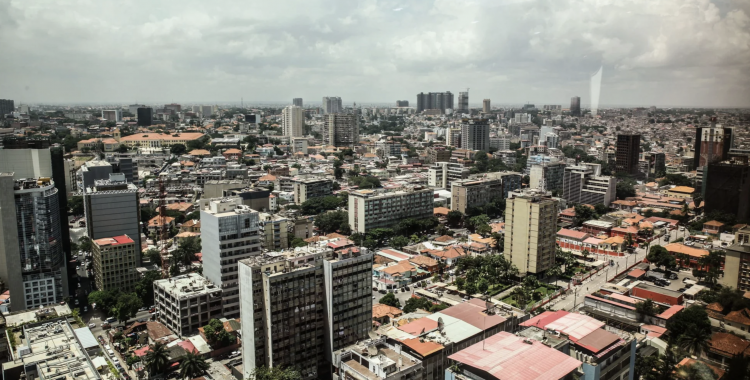"Angola or Mozambique, with high levels of debt in foreign currency, are those most at risk of debt distress if there is a deterioration in international trade and/or a weakening of the currency", reads an update from this consultancy on the evolution of the debt of sub-Saharan African countries.
With a large part of the debt in foreign currency, these two countries "will be vulnerable to either sudden drops in the value of the currency or significant changes in the terms of international trade", analysts warn.
In a report sent to clients and to which Lusa had access, Capital Economics analysts write that "the average public debt in sub-Saharan Africa is still above pre-pandemic levels.
Most of these economies, they maintain, will need more budgetary adjustments to stabilize debt ratios in relation to Gross Domestic Product (GDP), which is one of the main indicators used to assess the sustainability of a country's debt.
The position of African countries improved slightly in 2022, compared to 2021, "but only a small minority has a debt burden lower than that recorded before the pandemic", and contrary to what happened, no country currently has a debt ratio compared to to GDP exceeding 100 percent.
Angola, analysts pointed out, "managed to reduce its debt-to-GDP ratio by almost 40 percentage points between 2019 and 2022", due not only to the suspension of debt payments under international initiatives in this regard, but also to the appreciation of the kwanza and the exit from the economic recession, which increased GDP and, consequently, reduced the ratio.
"Having a large percentage of debt denominated in foreign currency is a fundamental risk for Mozambique and Angola, and also for countries like Zambia, which has already entered into financial default", says Capital Economics, highlighting that the simple fact that the kwanza is having depreciated by around 40 percent during the second quarter of this year causes the debt ratio to rise by 25 percentage points.
The public debt of African countries has been one of the main concerns of economists and international institutions in recent years, not only due to the increase in the costs of new loans, due to the rise in interest rates, but also due to the budgetary space it occupies, diverting investment in structural and deficit areas, such as health or education, in addition to basic infrastructure, and for providing unpopular financial adjustment measures.
"Implementing austerity measures will be challenging; several governments have already backed away from efforts to control public spending and implement taxes; high inflation has raised fears that further austerity could increase social unrest," says the British consultant.
Analysts also say that next year's elections in South Africa, Mozambique and Ghana "implies that budgetary relaxation can be adopted by governments to remain in power".







